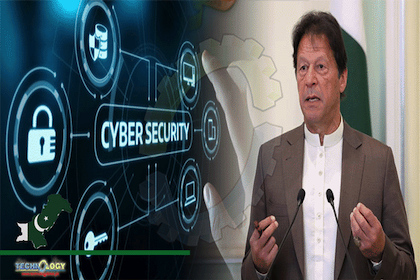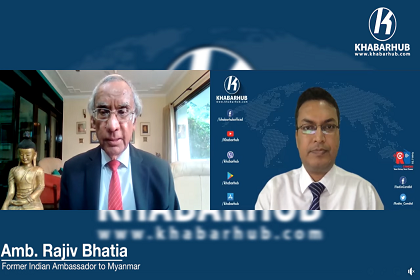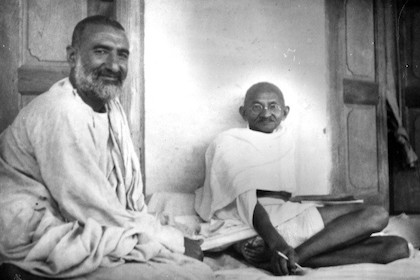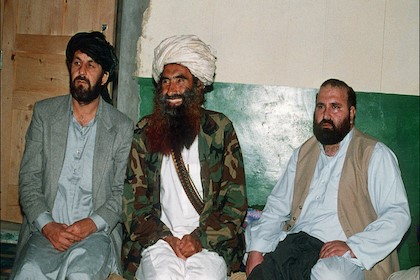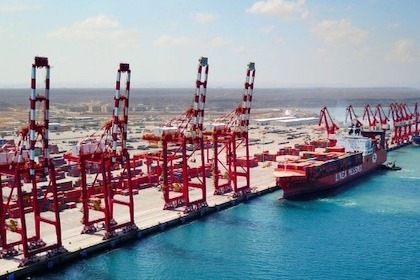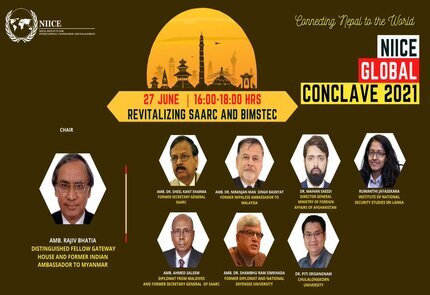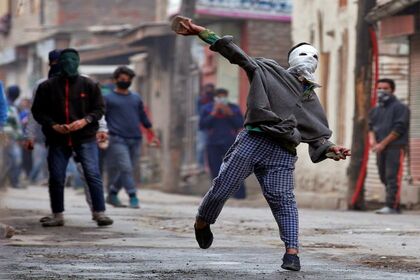Pakistan is India’s new cybersecurity headache
Cyberattacks from Pakistan-based hacker groups targeting India have increased. The stepped-up cyber activity comes in the backdrop of Islamabad's new cyber security policy and expanded digital cooperation with China. India must bolster its existing abilities in cyber forensics and regulations to counter the enhanced Pakistani threat.

